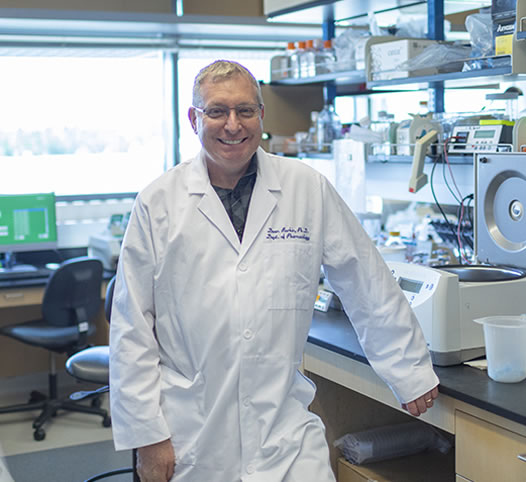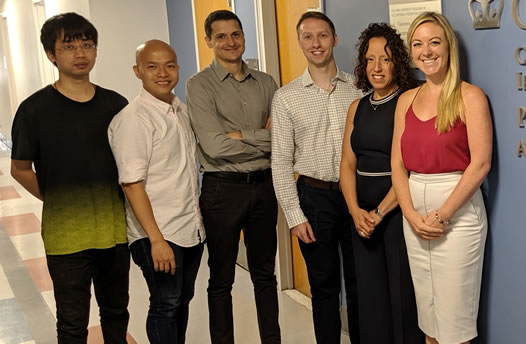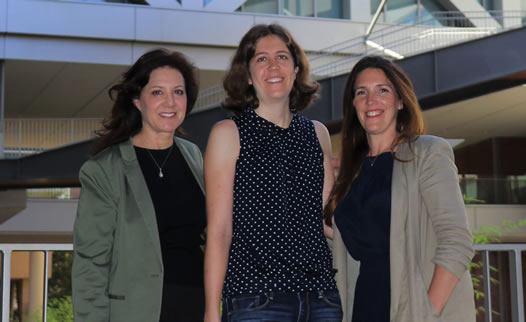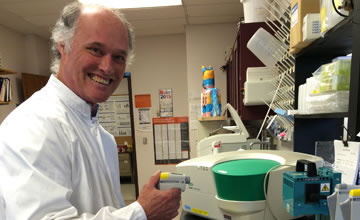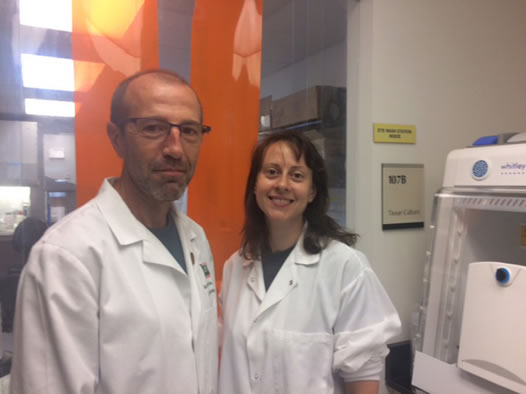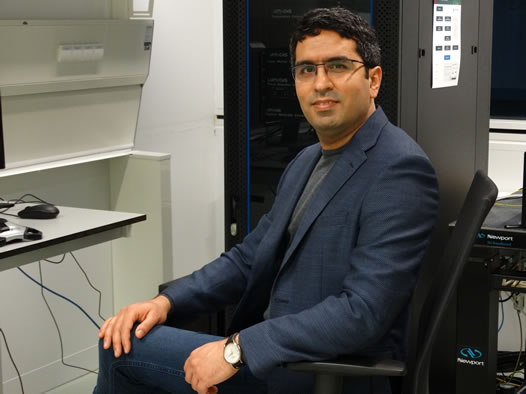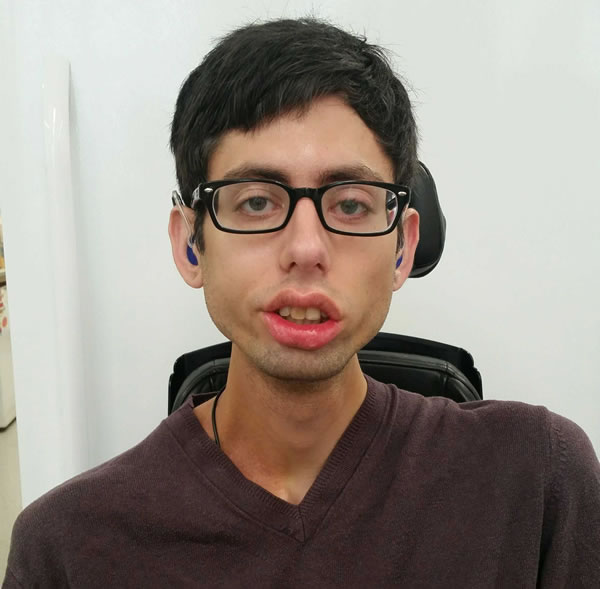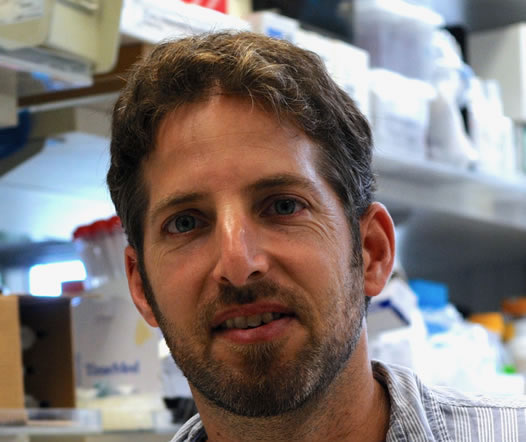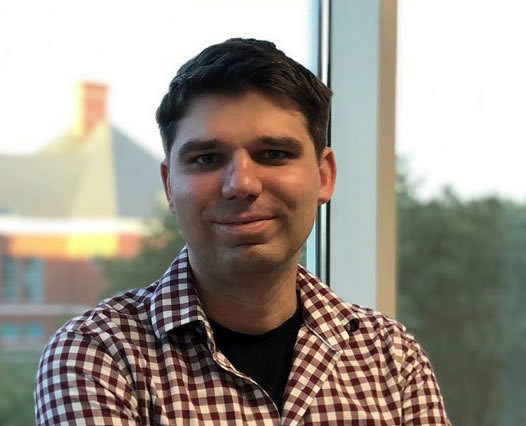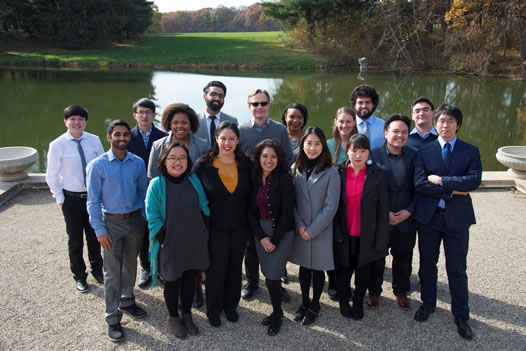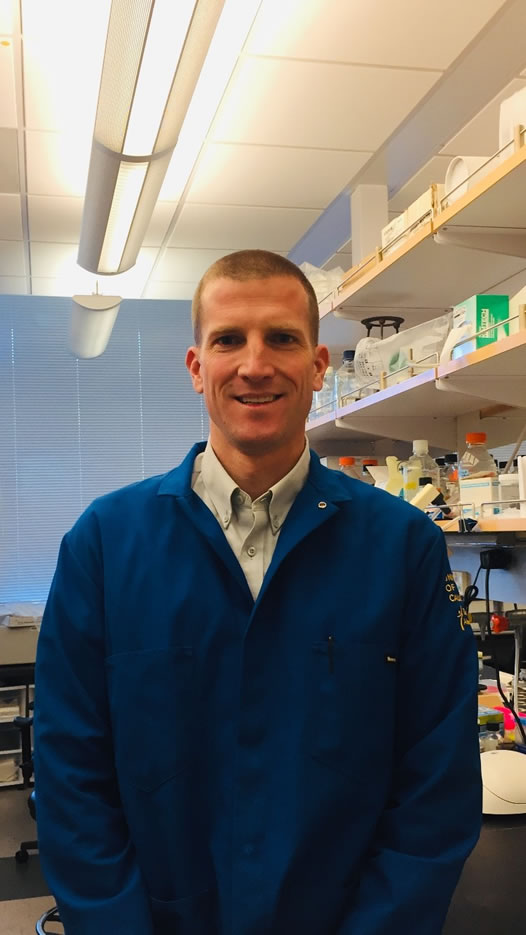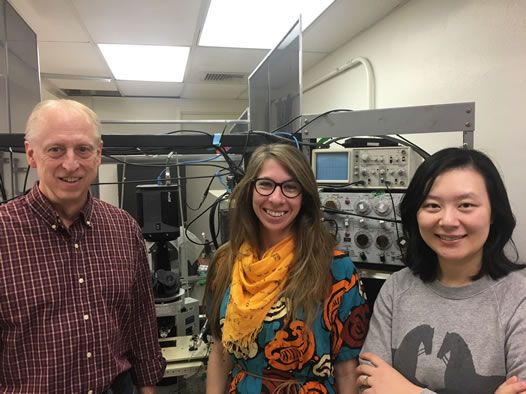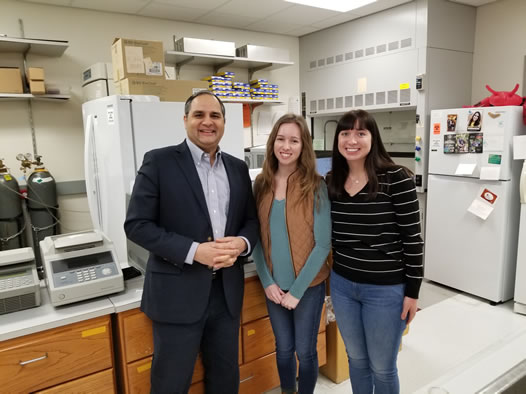MDA Resource Center: We’re Here For You
Our trained specialists are here to provide one-on-one support for every part of your journey. Send a message below or call us at 1-833-ASK-MDA1 (1-833-275-6321). If you live outside the U.S., we may be able to connect you to muscular dystrophy groups in your area, but MDA programs are only available in the U.S.
Grant - Winter 2019 - DM - Tom Cooper, MD

"The overall goal of the work is to understand the molecular and physiological pathways leading from the disease-causing mutation to the molecular and cellular defects that cause cardiac conduction defects and arrhythmias."
Tom Cooper, MD, professor of Pathology and Immunology at Baylor College of Medicine, was awarded an MDA research grant totaling $325,571 over three years to study how the molecular defects that cause myotonic dystrophy type 1 (DM1) relate to the heart problems that are a prominent symptom of this disease (they affect at least half of individuals with DM1).
DM1 causes weakness of the voluntary muscles and an inability to relax muscles at will. As the disease progresses, many other organ systems are impacted, and the heart can weaken and develop an abnormal rhythm. The most lethal aspects of DM1 are the cardiac problems that develop with the disease.
DM1 occurs when a gene on chromosome 19 called DMPK contains an abnormally expanded section. The large repeat expansions form aggregates of toxic RNA that ultimately prevent proteins essential for healthy muscle function from being made properly. In previous MDA-funded work, Dr. Cooper created a mouse model on which he tested antisense oligonucleotides — short RNA-like molecules that bind to the excess RNA, blocking its interactions with other substances or causing it to be broken down — aimed at delivery to the heart muscle specifically.
In this work, Dr. Cooper hopes to better understand the pathogenic mechanisms compromising heart function in DM1 and to test the ability of different therapeutic approaches to reverse or rescue the cardiac complications in his DM1 mouse model.
https://doi.org/10.55762/pc.gr.84544
Grantee: DM - Tom Cooper, MD
Grant type: Research Grant
Award total:
Institution:
Country:

